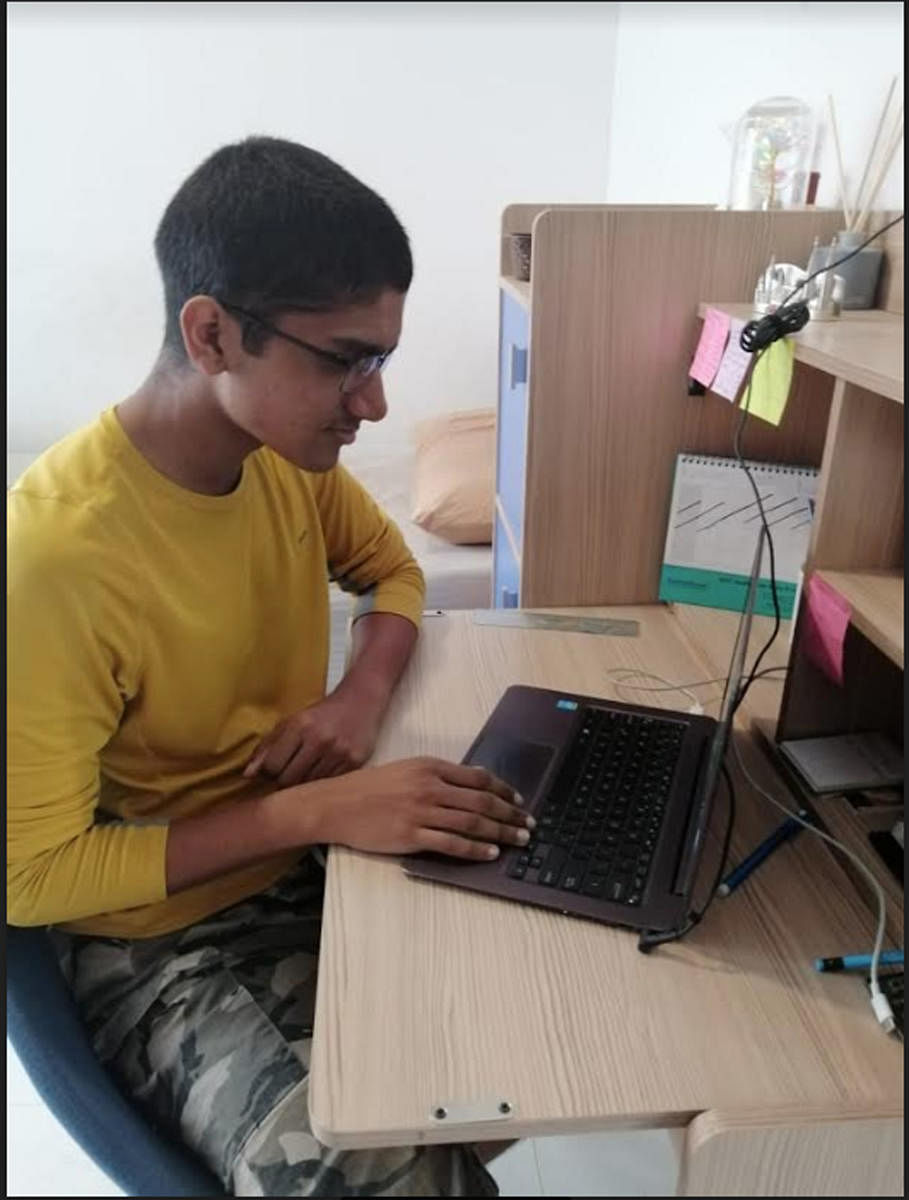
Many writers and academics believe the pandemic is being used as an excuse to drop key chapters on socio-political principles from the school syllabus.
The Central Board of Secondary Education (CBSE) has announced a 30 per cent reduction in study material for classes 9 to 12, citing days lost to the coronavirus pandemic. Bengaluru educator and writer Juliana Lazarus has launched an online petition urging the CBSE and the HRD ministry to reverse the decision.
“I feel strongly about the most important concepts in a democracy being dropped. Secularism, federalism, democratic rights, nationalism, social movements... you can just see a pattern here. And that is scary,” she says.
She fears more and more rights will be whittled away in the name of the pandemic. “And when we finally wake up, it may be too late,” she cautions. Juliana believes not teaching about democracy is as good as laying the foundation for authoritarian rule. She says the minorities have fought back many divisive laws knowing secularism is their right. “But this will not happen if you conveniently stop teaching them about secularism and their rights,” she says. The petition, on July 9, has received 200 signatories in less than a week. Activist and writer Sayantika Majumder, one of the signatories, says the dropped topics are important because they help combat exclusionary governance. “To exclude topics like secularism from the curriculum is a step in extracting secularism from the national spirit,” she says.
Writer Vinaya Hegde, another signatory, echoes Sayantika ‘s views. “The list of topics dropped is very telling. There is apprehension that the CBSE move may be ideologically driven, and may not be entirely altruistic,” she says. She feels the dropped topics are important always, regardless of who is in power.
Some private schools Metrolife spoke to contend the reduction has been done after much thought.
Dr M Srinivasan, chairman of Gear Innovative International School, and President, Managements of Independent CBSE Schools Association, says the chapters dropped are those that are “not consequential for further learning.”
“Chapters in maths and science cannot be touched because they are linear and interconnected, but languages can be,” he says.
Pramila Menon, senior school academic coordinator, National Public School, Koramangala, says, “There will be no questions from the excluded chapters, but that does not prevent schools from teaching them.”
Political analyst Sandeep Shastry makes out a case for more enlightened teaching of social sciences in schools. “The topics can be taught in a creative and innovative way. But most teachers have failed in doing that,” he says.
Redundancy?
Harish Ramaswamy, political analyst and professor of political science, Karnatak University, says academic apprehensions about the dropped topics stem from a right-of-centre government being in power. “There is fear that the removal of federalism is intentional, but any teacher of the Constitution knows that it cannot be taught without teaching the preamble and federalism,” he says.
He believes the topics were removed because they seemed redundant.